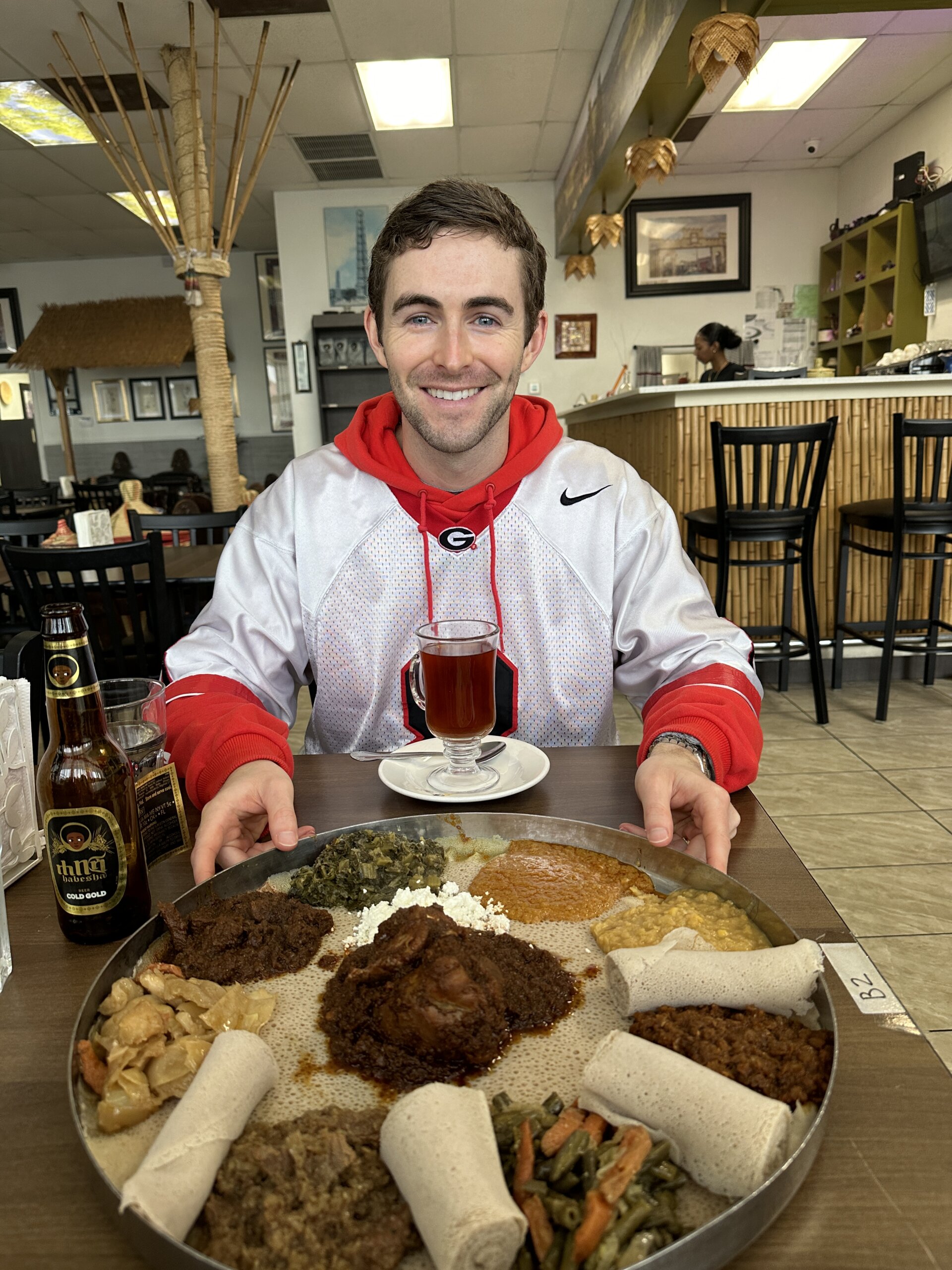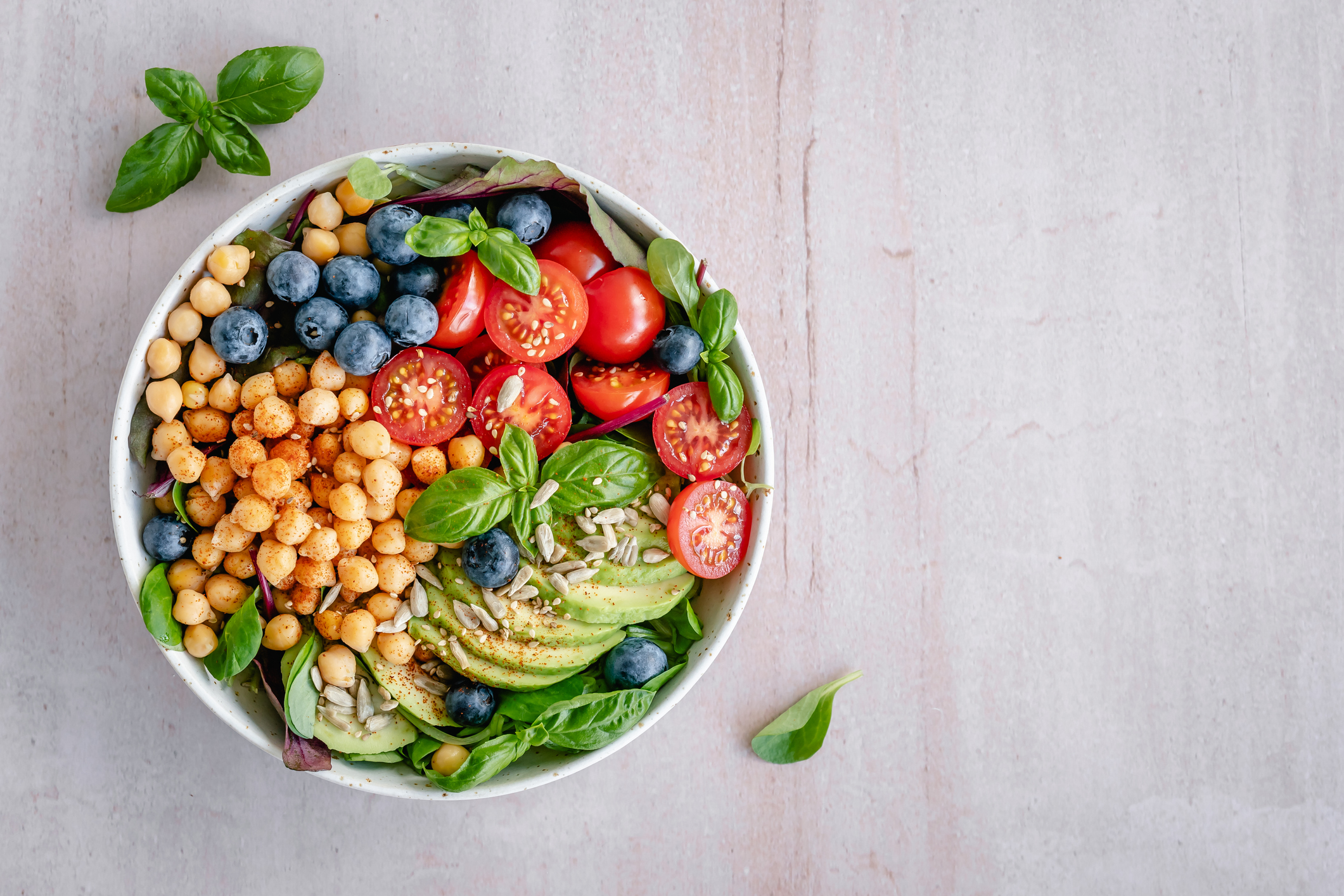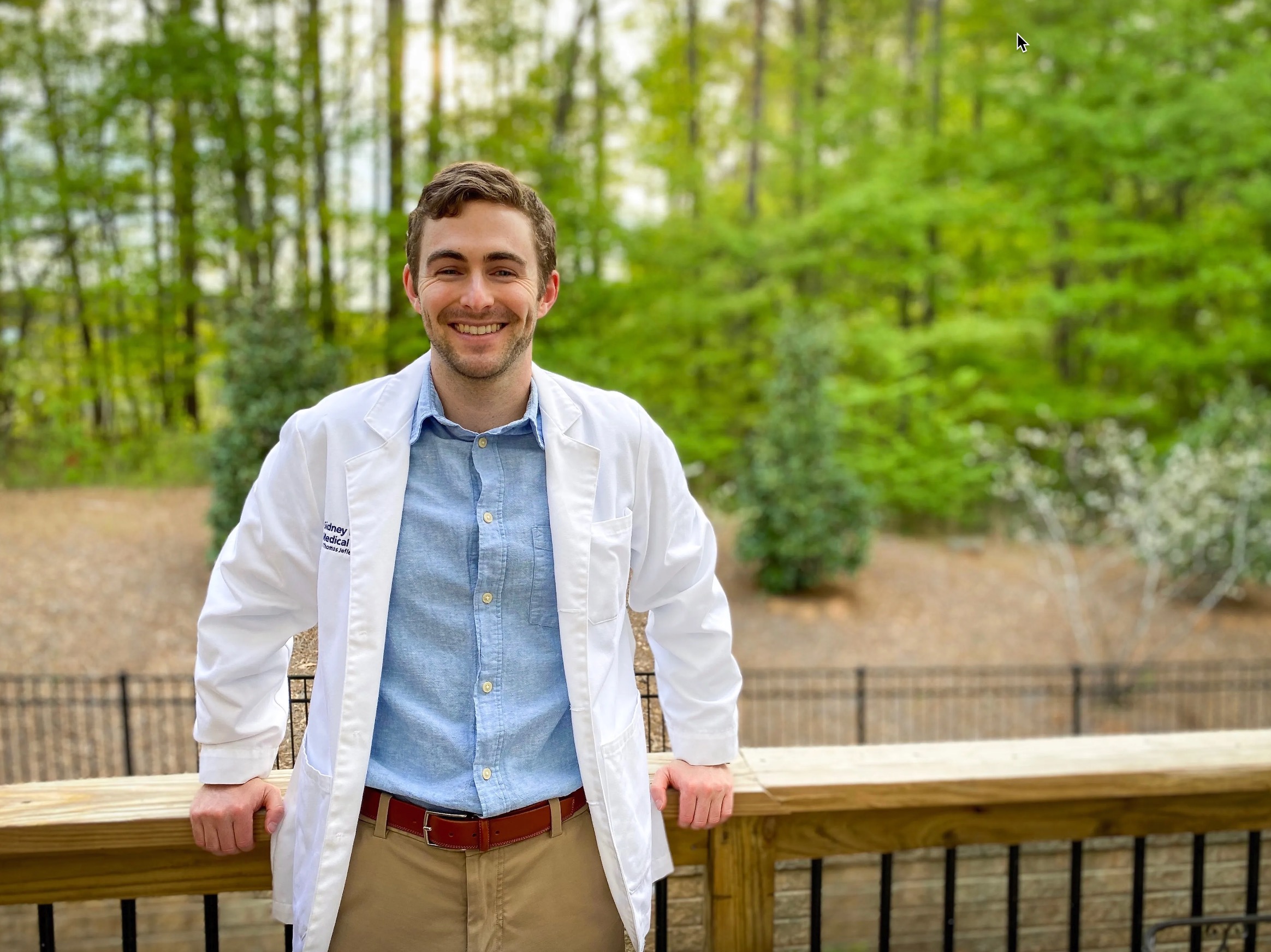How to Eat Like a Doctor
I hope everyone is having a great January so far. This month I traveled to San Diego, California and fell in love with the area. I kept noticing an abundance of fit-looking people, especially elderly people, and was thrilled to find out that San Diego ranks in the top cities in the United States for life expectancy. As a doctor who treats mental health, I am fascinated by ways to prolong our lives, and my wife and I have visited 2 Blue Zones in the last year (regions in the world where people live the longest – sometimes into their 100’s). Throughout my studies of what helps people live into their 90’s and beyond, I’ve found that diet plays a HUGE role in this. So today, we are going to discuss FOOD.

Food Affects Your Mood
Have you ever noticed that your mood is affected by what you eat? For example, have you ever felt like your brain was foggy after eating greasy food? Or have you ever noticed that you’ve felt hyper-alert and energized after eating a certain food? Nutritional Psychiatry is a niche field of Psychiatry that focuses on finding foods that elevate your mental well-being and uses food as alternative treatments for mental health conditions. Over the years, we’ve identified a few powerhouse superfoods:
- Whole Grains:
- Whole grains release glucose (blood sugar) steadily, stabilizing mood and preventing mood swings that can occur from being too hungry (and therefore hangry) or too full (or sluggish)
- Examples: whole wheat bread, brown rice, and oats
- Berries:
- I eat berries EVERY MORNING. They are rich in antioxidants which can assist in delaying degenerative processes.
- Examples: Strawberries, blueberries, and blackberries
- Dark Leafy Greens:
- The key here is something called folic acid, or folate. For years, doctors have known that folate deficiency has been associated with depression, poor cognitive function, and other mental health issues. It’s critical to have a diet that contains folate, to avoid this deficiency.
- Examples: Spinach, broccoli, and asparagus
- Fish and Nuts:
- Fatty fish like salmon and mackerel provide omega-3 fats that are crucial for brain development and functioning, promoting overall brain functions and memory enhancement.
- If you’re a vegetarian or vegan, no worries at all. Plenty of nuts provide omega-3 fats
- Examples: Flax seeds, chia seeds

What Does a Doctor Eat?
Ever wished you knew what your doctor’s diet consists of? Say less. Here’s a typical day in the life of what I eat:
1. Breakfast (my fave meal):
Bowl of Granola with almond milk, blueberries, strawberries, and apple slices topped with 1 scoop of peanut butter
Black tea + a cup of water
2. Lunch:
Turkey sandwich with avocado, lettuce, tomato, bell peppers and side of pita chips
3. Post lunch snack:
Small piece of dark chocolate for a pick-me-up (dark chocolate contains antioxidants and a small amount of caffeine)
4. Dinner:
Quinoa bowl with baked salmon, roasted cauliflower, brussels sprouts, and sweet potatoes
5. Desert:
I do eat dessert pretty much every night. I love desert. No shame. I keep my deserts small though! For example, a green tea mochi (if you know, you know), or a homemade banana chocolate chip muffin
Want to learn more about nutrition? I recommend following @Doctortim.md or watching Dr. Drew Ramsey’s TED Talk: https://youtu.be/4R_gUhgg70Q?si=VAOWWYtXyn8ebnux
Thanks for tuning in for Month 2 of Dr. Jake’s Corner. Talk to you next month!
Disclaimer: These emails do not assume a doctor-patient relationship and my information is not intended to substitute for medical advice. I offer science-backed educational information aimed at empowering you to live your best life. Always consult your personal doctor before starting any treatment.
This Week’s Sources:
You Are Not Alone
For you or a loved one to be diagnosed with a brain or mental health-related illness or disorder is overwhelming, and leads to a quest for support and answers to important questions. UBA has built a safe, caring and compassionate community for you to share your journey, connect with others in similar situations, learn about breakthroughs, and to simply find comfort.

Make a Donation, Make a Difference
We have a close relationship with researchers working on an array of brain and mental health-related issues and disorders. We keep abreast with cutting-edge research projects and fund those with the greatest insight and promise. Please donate generously today; help make a difference for your loved ones, now and in their future.
The United Brain Association – No Mind Left Behind




